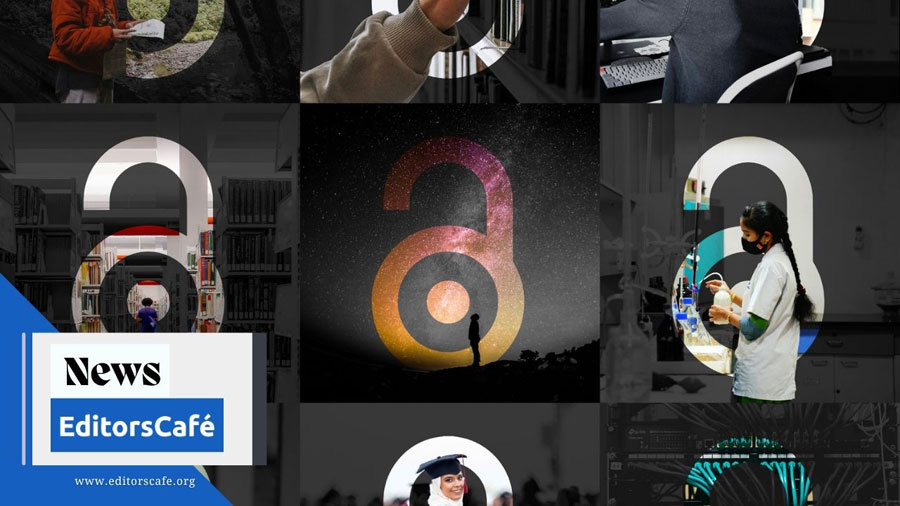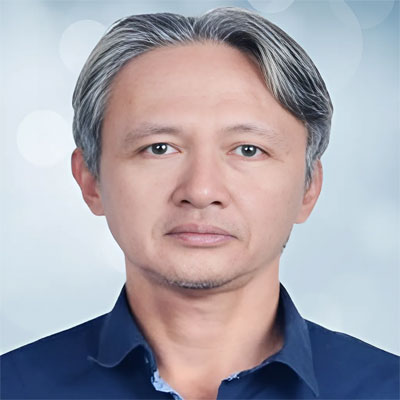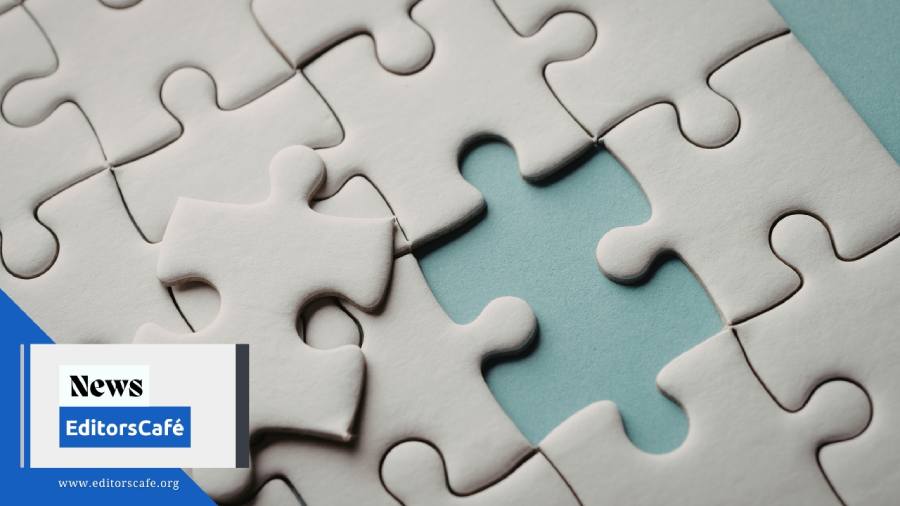Who Owns Our Knowledge? An Answer from Indonesia’s Open Access (R)evolution

The question feels especially relevant in Indonesia, where the answer increasingly points toward the public. Through a combination of government reform, open technology, and community collaboration, Indonesia has built one of the world’s largest and most inclusive Open Access (OA) systems. About 2,500 Indonesian journals are indexed in the Directory of Open Access Journals (DOAJ), the highest number of any country.
“Who owns our knowledge ?”
GARUDA: A National Platform for Shared Knowledge
At the heart of Indonesia’s OA ecosystem lies GARUDA (Garda Rujukan Digital), Indonesia’s national digital reference portal. The Ministry of Education, Culture, Research, and Technology manages the national repository. As of October 2025, GARUDA indexes over 27,000 journals from across the archipelago, making it one of the largest collections of OA publications in the Global South.
GARUDA represents not only a technical achievement but also a statement of national proclamation. By aggregating journals from almost 5,000 publishers consisting of universities and research institutions across Indonesia, GARUDA ensures that scholarly knowledge is discoverable and freely accessible. It turns research visibility into a matter of equity, ensuring that no institution is left behind.
From Regulation to Reform
This transformation was rooted in the government’s Ministerial Regulation No. 9/2018. The regulation centralized journal accreditation under the ministry via the national system AkreditasiJurnal Nasional (ARJUNA). For example, “Submission of accreditation of scientific journals according to the new regulations begins on 1 June 2018”. The unified digital system for accrediting and evaluating journals ranks journals from levels 1 to 6.
According to a study, Indonesia’s accredited scholarly journals increased from 342 in 2013 to 5,990 by July 2021. The policy positions journal publishing as a national, rather than commercial, responsibility, that is, placing the ownership of knowledge in public rather than private hands.
Complementing ARJUNA is SINTA (Science and Technology Index), Indonesia’s national research evaluation system, which ranks journals, researchers and institutions based on publication quality and impact. SINTA is described as “a web-based research information system … to measure the performance of researchers, institutions and journals in Indonesia .” By linking academic performance to accredited scholarly output, SINTA has become a key mechanism for promoting transparency, accountability, and measurable excellence in research.
Technology and Community Behind the Growth
While policy provided structure, technology and community initiatives supplied momentum. The spread of the open-source platform Open Journal Systems (OJS) made it possible for thousands of institutions to manage their own journals more efficiently.
Among the most influential initiatives is RelawanJurnal Indonesia (RJI), a nationwide volunteer network of editors, reviewers, and IT specialists. RJI helps journal teams install the journal platform, manage metadata, and prepare for accreditation. Alongside similar professional groups and local university-based training programs, RJI has strengthened the technical backbone of Indonesia’s OA ecosystem. Together, these initiatives embody the spirit of gotong royong (cooperation), turning OA into a community-driven movement.
When Openness Meets Ethical Tensions
Beneath Indonesia’s impressive OA achievements lie ethical and structural tensions. Some journals claiming to follow the “diamond OA” model (no Article Processing Charge) have informally requested unofficial payments. Meanwhile, some others pressure authors to cite their own journals. The practices are discouraged by the Committee on Publication Ethics (COPE).
At the institutional level, editors of newly published or revived journals often face pressure to publish sub-standard articles to meet accreditation quotas. Some universities have introduced citation-based incentives, rewarding publications in Scopus-indexed journals that cite colleagues from the same institution, regardless of scholarly relevance. Meanwhile, being a journal editor is now formally recognised within the academic workload system and linked to GARUDA indexing, yet editorial work for reputable international journals remains largely unacknowledged.
These structural incentives shape editorial behaviour. Some editors, constrained by administrative demands, overlook or only partially respond to reviewers’ recommendations. These behaviours reveal weaknesses in editorial professionalism and peer-review accountability. Together, these dynamics blur the line between quality assurance and compliance, threatening the credibility and ethical foundation of Indonesia’s OA progress.
Integrity Under Pressure
The urgency of strengthening integrity became starkly evident in 2024 and 2025 when, respectively, professors from an “Excellent”-accredited university had their titles revoked for academic misconduct in their publications. (Please provide source) As professors are expected to serve as ethical exemplars, these cases revealed systemic vulnerabilities across Indonesia’s academic culture.
Adding complexity is the fact that the definition of academic integrity is evolving. New technologies, such as AI-assisted writing tools and shifting norms of authorship, mean that what counts as ethical research is constantly changing. Integrity therefore, cannot be reduced to static rules. It must be understood as an adaptive practice requiring continuous ethical reflection and professional learning.
What the World Can Learn from Indonesia
Indonesia’s OA journey answers the question, “Who owns our knowledge?”. Everyone does. Yet ownership means responsibility: openness must rest on integrity, professionalism, and transparency. Indonesia shows that policy, technology, and community can democratise knowledge; the task now is to keep that openness ethical. We all own our knowledge only if we guard it with integrity. And we are still learning along the way.
Keywords
Open access Indonesia GARUDA SINTA journal accreditation public knowledge academic integrity community publishing
Abdul Syahid has been teaching English at secondary schools since 1995 and earned his doctorate in English Language Teaching from the State University of Malang in 2015. Since 2020, he has served as a senior lecturer at Institut Agama Islam Negeri Palangka Raya, Indonesia. His research focuses on English language teaching and bibliometrics. He collaborates with scholars from Indonesia, Malaysia, Iran, and the United States. He recently co-authored a book chapter with Professor Donald Freeman, one of the leading figures in the field, on a nationwide English language teacher training initiative in Indonesia based on a global framework. Having reviewed over 100 manuscripts for reputable national and international journals, he also serves on editorial boards such as SAGE Open. As an active member of Open Education Global and the Asian Council of Science Editors, he is also the Secretary General of the Indonesian Association for Research on English Language Teaching in Islamic Institutions (IARELTII). He devotes his time to what he considers his most important job: being with his family.
View All Posts by Abdul SyahidDisclaimer
The views and opinions expressed in this article are those of the author(s) and do not necessarily reflect the official policy or position of their affiliated institutions, the Asian Council of Science Editors (ACSE), or the Editor’s Café editorial team.



